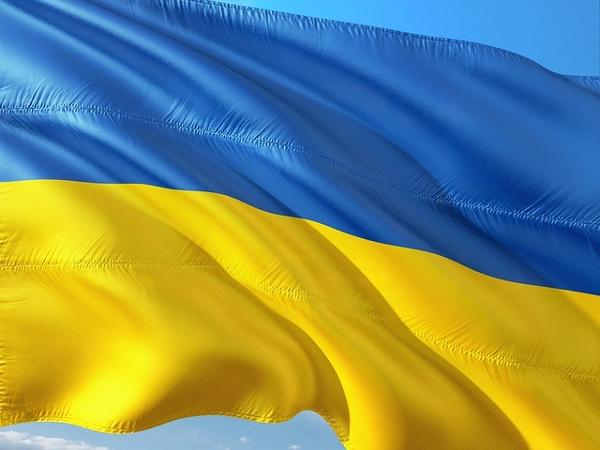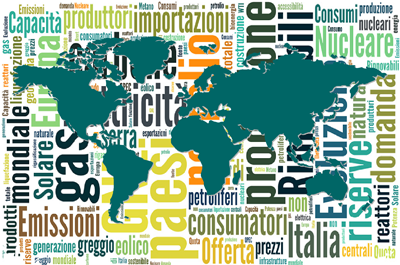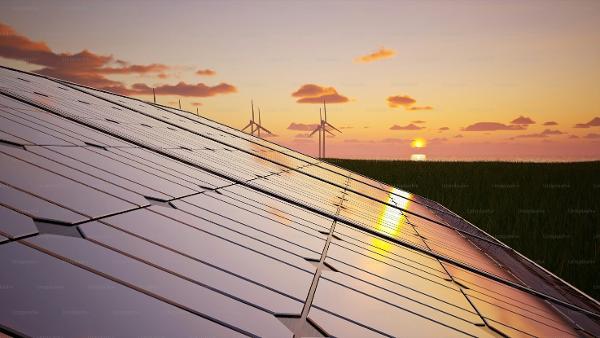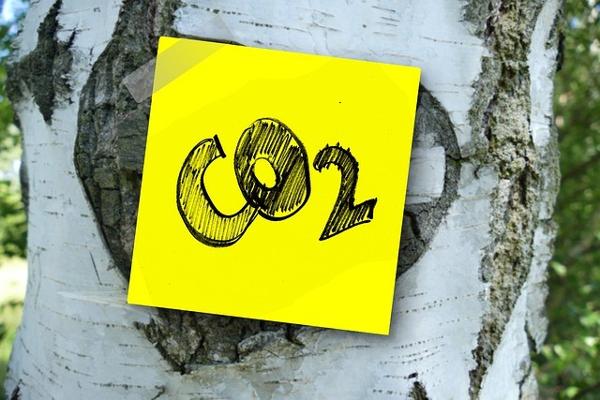In the ever-evolving landscape of European energy security, Ukraine has emerged as a central figure, transcending its traditional role as a gas transit corridor. As the expiration of the gas transit contract in 2024 looms, it is crucial to recognize Ukraine's other invaluable assets and contributions to safeguarding Europe's energy landscape.
Historically, Ukraine served as the sole transit corridor for Russian gas to reach the EU during the Soviet era. However, Russia began constructing alternative gas delivery routes in the late 1990s, aiming to bypass Ukraine and weaken its geopolitical position. Projects like the Yamal pipeline, Nord Stream 1 and 2 pipelines, and Turk Stream pipelines were economically redundant, as they transported the same gas from the same Russian production fields to the same EU customers, albeit through different routes, all under Russia's complete control. Despite Ukraine's repeated warnings about the weaponization of gas supplies by the Kremlin, these concerns went largely unrecognized by the EU. Ultimately, in 2021, Europe faced a deep energy crisis orchestrated by the Kremlin, resulting in exorbitant energy prices and substantial financial burdens for individuals, governments, and businesses.
In response to this energy crisis and Russia's aggression against Ukraine, the EU took aggressive measures to reduce dependence on Russian gas and committed to eliminating all Russian fossil fuel imports by 2027. These measures included diversifying natural gas sources through pipeline projects and liquefied natural gas (LNG) terminals, reducing consumption, and making substantial investments in renewable energy. However, natural gas imports, due to the EU's higher dependence on Russia, remained exempt from limitations. Several countries, including Spain, Belgium, and France, even significantly increased their procurement of Russian LNG. In response, EU Energy Commissioner Kadri Simson urged member states not to renew expiring contracts for Russian LNG. Despite these actions, Russia continues to benefit from gas trade with European countries, further fueling its aggression against Ukraine. Shockingly, according to Bruegel, in the first year following Russia's invasion of Ukraine in February 2022, the European Union paid nearly €140 billion to Russia for fossil fuels, including €83 billion for oil and €53 billion for natural gas. Furthermore, over the next 12 months, the EU may pay an additional €21 billion to Russia for pipeline gas and LNG.
Despite facing ongoing aggression, Ukraine has remained steadfast in fulfilling its transit obligations, delivering approximately 35-40 million cubic meters of gas per day to the EU, primarily to Slovakia and further to Austria and Italy. This commitment exemplifies Ukraine's solidarity with the EU, as it strives to mitigate the consequences of the energy crisis instigated by the Kremlin. Moreover, Ukraine's cooperation allows European countries crucial time to establish alternative gas supply sources. However, the existing transit contract is slated to expire at the end of 2024.
Given the current political context of Russia's aggression against Ukraine, it is highly improbable that either the Ukrainian government or the European Commission will initiate negotiations with Putin's regime for the renewal of gas transit after 2024. While individual EU companies may attempt direct negotiations with Gazprom for gas supplies via Ukraine, the chances of success are minimal. Consequently, the likelihood of the transit continuing after 2024 is insignificant.
Nonetheless, even without its transit role, Ukraine remains an invaluable asset for European energy security. It proudly boasts the largest gas storage capacity in the EU, with storage facilities capable of accommodating 31 billion cubic meters of gas. These strategic storages offer European consumers essential flexibility, a role that holds even more significance as Europe actively embraces LNG. Ukraine can provide European energy traders with up to 15 billion cubic meters of storage capacity. It is worth noting that Europeans have already capitalized on Ukrainian gas storages, importing approximately 10 billion cubic meters of gas between 2020 and 2021 for temporary storage.
In conclusion, while the future of gas transit through Ukraine may seem uncertain, the country's significance in ensuring European energy security extends far beyond its role as a transit corridor. With substantial gas storage capacity intricately connected to European gas grids, Ukraine serves as an invaluable asset during times of supply disruptions or increased demand. As Europe continues to diversify its energy sources and invest in renewable alternatives, Ukraine's role in maintaining energy stability and flexibility should never be underestimated. As the geopolitical landscape continues to evolve, Ukraine's unwavering contributions to European energy security remain pivotal, shaping a more resilient and sustainable energy future for all.




















